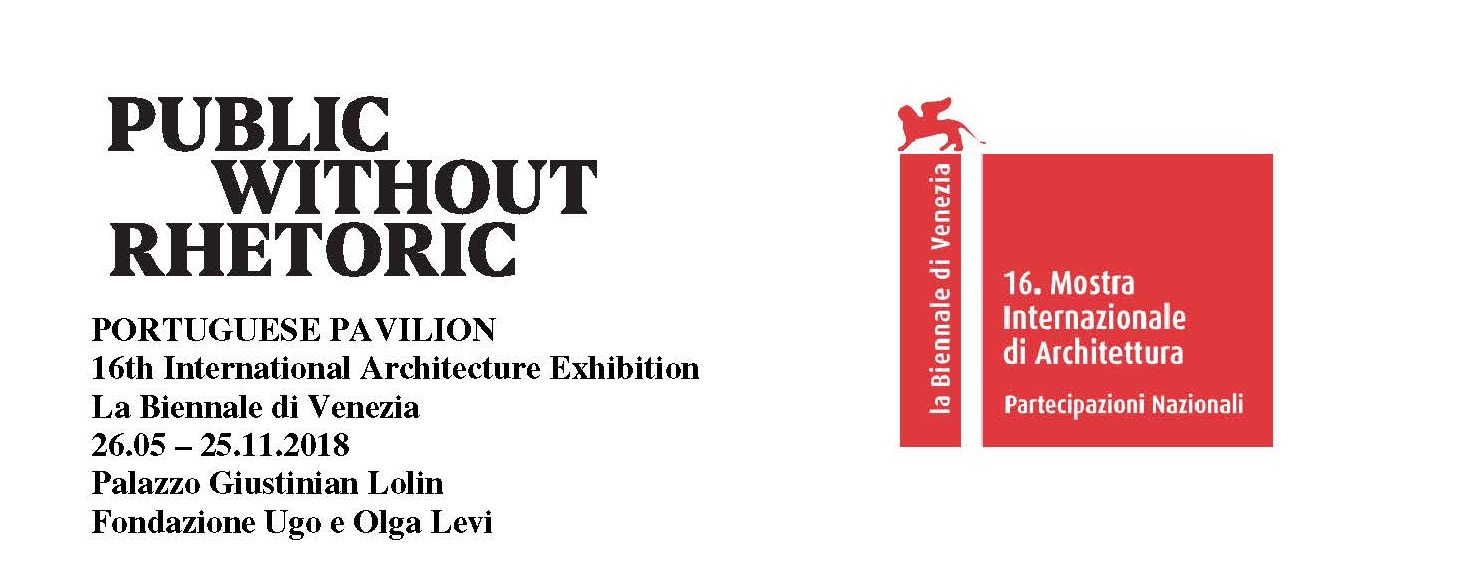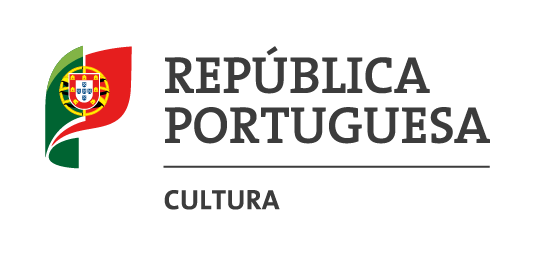Public Without Rhetoric - Curators
Public Withou Rhethoric | Curators | Commissioner | PRESS | Contacts

Public Without Rhetoric
By Nuno Brandão Costa and Sérgio Mah
Curators
Coinciding with the economic crisis, the last ten years have seen a movement away from public construction projects, with the predominant neoliberalism of Western Europe viewing them as unnecessarily wasteful, misguided and even harmful. The construction of public infrastructure such as cultural, educational and sporting facilities is in line with the idea of civilisational evolution and progressive social equity. It simultaneously rebuilds and rehabilitates the form of the city, and qualitatively and culturally renews public space. In the decade spanning the beginning of the crisis in 2007 to the present, despite the sharp decrease in this type of investment, a significant number of high-quality public works have been built, embodying the resilience of some central, regional, local and institutional niches of decision making. These include both entities that continued their commitment to projects from before the onset of the crisis and others that assumed responsibility for launching new countercyclical projects during the same period. These centres of resistance were matched by Portuguese architects. The discipline’s characteristic passion, charisma and voluntary spirit was enhanced and became associated with a very clear understanding of the social and political role of architecture, despite a highly adverse environment for its practice. This selection of 12 works constructed over the last 10 years offers a short history of the most recent ‘public buildings’ of Portuguese origin. Each of these buildings reflects the ideas behind ‘Freespace’, the central theme of the 16th International Architecture Exhibition - La Biennale di Venezia. This choice of works seeks to demonstrate the diversity of programmes and scales in which Portuguese architects work, emphasising their generalist culture and cross-generational excellence, with representation of architects born in every decade from the 1930s to the 1980s. The exhibition will also include a series of films exploring the current state of the works, specifically in regards to the different methods and dynamics of appropriation employed by the people who inhabit the buildings and fulfil the public mission of these works to varying degrees. The films are produced by four contemporary Portuguese artists with consolidated and widely recognised bodies of work in the visual arts and cinema and with previous experience in the field of architectural representation.
Bios
Nuno Brandão Costa (b. 1970) graduated in 1994 from the Faculty of Architecture at the University of Porto, where from 2001 he subsequently worked as a lecturer and completed a doctorate in 2013. From 1992 to 1993, he studied with Herzog & de Meuron in Basel, Switzerland, and from 1993 to 1997, he collaborated with José Fernando Gonçalves & Paulo Providência in Porto, Portugal. In 1998, he was awarded first prize in a competition to design the Library of the Faculty of Social and Human Sciences at Universidade Nova in Lisbon. His work was exhibited at the 9th International Architecture Exhibition of La Biennale di Venezia in 2004; at the São Paulo Architecture Biennale in 2005; at ‘Portugal Now’ at Cornell University, New York in 2007; at ‘Tradition is innovation’ in Tokyo in 2011; at the the Milan Architecture Triennale in 2004 and 2014; and at the 2nd Biennale of Architecture in Chicago in 2017. He directed the exhibition projects of the Lisbon Architecture Triennale in 2007 and 2016. He was nominated for the ‘Mies Van der Rohe’ award in 2008; for the BSI - Swiss Architectural Award in 2012; and for the FAD Prize in 2017. He was awarded the ‘Jornal Expresso/SIC’ award in 2004; the Secil Prize in 2008; and the Vale da Gândara Award in 2010/2011. He is Visiting Professor at the ETSA of the University of Navarra, at the Estudio Barozzi University of Girona and at the EHL CAMPUS Lausanne. He is guest critic at the School of Architecture of Minho University (EAUM), at the Department of Architecture of the University of Coimbra (DARQ), at the École Polytechnique Federale de Lausanne (ENAC-EPFL), at the FAPyD-UNR of Rosario and at the Harvard Graduate School of Design (GSD), Cambridge, USA. He was a coordinator and professor of the Advanced Studies in Architecture Project (EAPA 2014/2015) at the FAUP. He has contributed to conferences and seminars at faculties of architecture in Germany, Argentina, Bulgaria, Colombia, Croatia, France, Italy, Macedonia, Portugal, Republic of Ireland, Spain and Switzerland.
Sérgio Mah (b. 1970) lives and works in Lisbon. He holds a bachelor’s degree in Sociology and a master’s degree in Communication Sciences. He is currently Professor of Photography and Visual Arts at the Faculty of Social and Human Sciences at Universidade Nova
in Lisbon and at the Faculty of Fine Arts at the University of Lisbon. He is the author of several essays on artists, their work and various other topics relating to contemporary visual arts. He is co-author of the documentary series ‘Entre Imagens’ for the public television channel RTP2. As a curator, he has been responsible for numerous solo and group exhibitions for artists such as Thomas Demand, Walid Raad, Jeff Wall, Francisco Tropa, Victor Burgin, David Claerbout, Hiroshi Sugimoto, Pedro Costa, Albert Renger-Patzsch and Ângelo de Sousa. He has worked with several centres of art and museums both in Portugal and abroad, such as Jeu de Paume (Paris), Reina Sofia National Art Museum (Madrid), Deichthorhallen Hamburg, Berardo Museum, Telefónica Foundation (Madrid) and the Thyssen-Bornemisza National Museum. He was the commissioner- general of the 2003 and 2005 editions of LisboaPhoto and of the 2008, 2009 and 2010 editions of PhotoEspaña. He was the commissioner of the Portuguese Pavilion at the Biennale Arte 2011.

